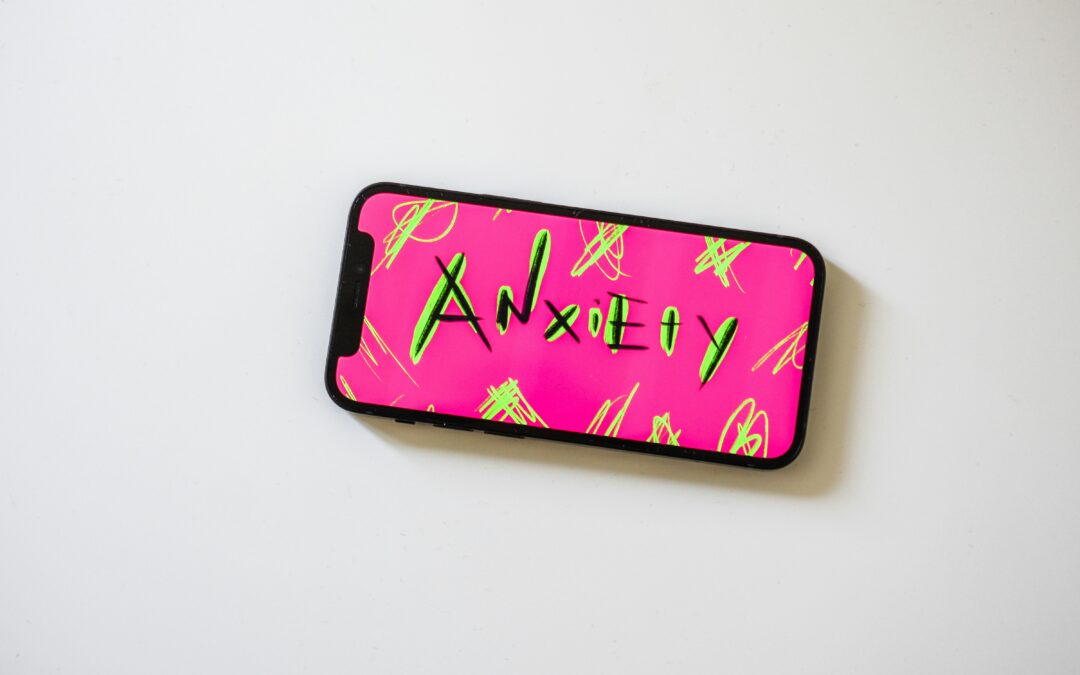Teenagers face a multitude of pressures, from academic expectations to social anxieties. But for some teens, these anxieties can become overwhelming and develop into a diagnosable anxiety disorder. As a parent or caregiver, witnessing your teenager struggle with anxiety can be a difficult and confusing experience. This article equips you with valuable information and practical strategies to support your teenager on their journey to managing anxiety.
Understanding Teenager with Anxiety Disorder:
Anxiety disorders are the most common mental health diagnoses in youth. These disorders manifest as excessive worry, fear, and physical symptoms like racing heart, stomachaches, and difficulty sleeping. Common types of anxiety disorders in teens include:
- Generalized Anxiety Disorder (GAD): Persistent worry about various things.
- Social Anxiety Disorder: Fear of social situations and scrutiny.
- Panic Disorder: Sudden episodes of intense fear and physical symptoms.
- Obsessive-Compulsive Disorder (OCD): Intrusive thoughts and repetitive behaviors.
Signs and Symptoms to Look Out for Anxiety in Teens:
- Excessive worry and fearfulness about school, social interactions, or future events (e.g., constantly worrying about tests, grades, or social rejection).
- Physical symptoms such as fatigue, headaches, stomachaches, difficulty sleeping, muscle tension, and feeling lightheaded or dizzy.
- Avoiding activities or places that trigger anxiety, like school events, social gatherings, or public speaking.
- Changes in mood or behavior, like irritability, withdrawal from friends and family, difficulty concentrating, and tearfulness.
How You Can Help Your Teenager with Anxiety Disorder:
1. Communication is Key:
- Create a safe space for open and honest communication. Let your teenager know you’re there to listen without judgment. Validate their feelings and acknowledge their worries can feel overwhelming.
- Normalize anxiety: Talk openly about anxiety and emphasize it’s a common experience. Share your own experiences with anxiety, if appropriate, to show them they’re not alone.
- Help them identify triggers: Encourage your teenager to identify situations, thoughts, or events that trigger their anxiety. This self-awareness is crucial for developing coping mechanisms.

2. Encourage Healthy Habits:
- Promote regular exercise: Physical activity releases endorphins, natural mood boosters, that can reduce anxiety symptoms. Find activities your teenager enjoys, like team sports, running, or yoga.
- Healthy sleep hygiene: Ensure your teenager gets enough quality sleep for optimal mental and physical health. Establish a consistent sleep schedule and create a relaxing bedtime routine.
- Balanced diet: Encourage a balanced diet rich in fruits, vegetables, and whole grains to support overall well-being. Limit sugary drinks and processed foods, which can worsen anxiety symptoms.
- Mindfulness techniques: Practices like deep breathing, meditation, and yoga can effectively manage anxiety symptoms. Consider exploring guided meditations or apps designed for teens.
3. Seek Professional Help:
Consider therapy as a valuable resource for your teenager. A qualified therapist can teach them coping skills, address the root causes of their anxiety, and develop a personalized treatment plan. Therapists can also help teenagers develop communication tools to express their anxieties and advocate for themselves in social situations.
Remember, you are not alone.
Insights Psychology Clinic is dedicated to providing comprehensive mental health services to individuals and families. With clinics in Woodbury and Bloomington, we offer in-person consultations and a range of telehealth services. Our telehealth services are available to residents of Minnesota, Wisconsin, and all PsyPact-approved states. Our team of qualified and trained doctors is committed to helping teenagers and adults manage anxiety disorders and other mental health conditions. Contact us today to schedule an appointment and take the first step towards better mental health.

